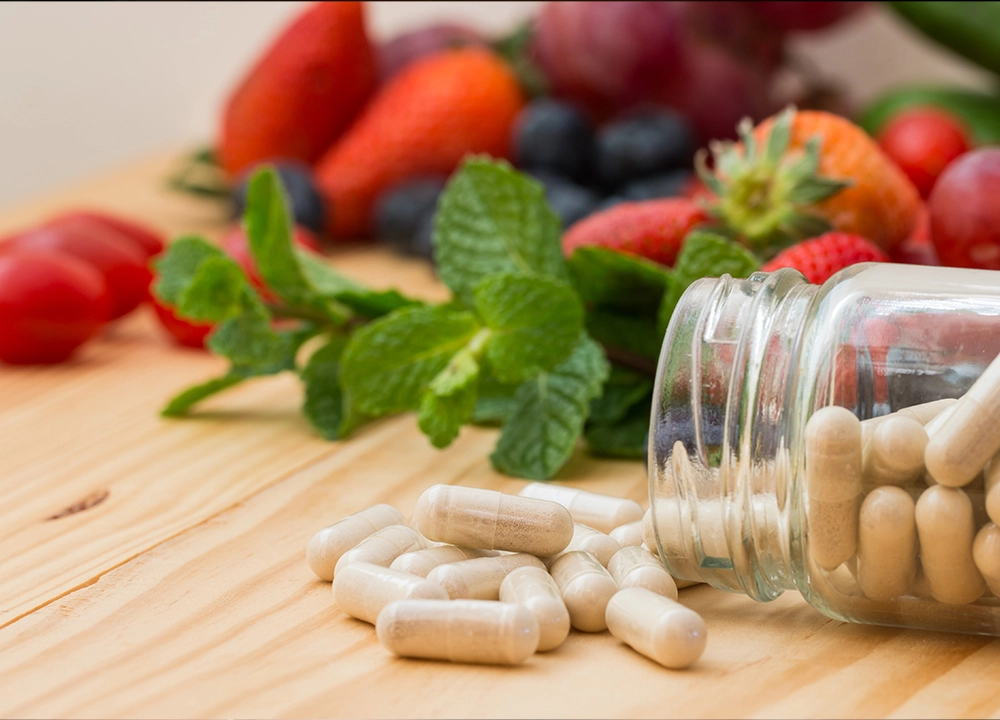All-Natural: Safe Supplements and Herbal Remedies You Can Trust
Want to try natural supplements but worried about safety, quality, or whether they actually work? You’re not alone. Natural doesn’t always mean harmless, and a few smart checks will save you time, money, and health headaches. Here are straightforward tips you can use today.
How to pick a quality natural product
First, look for third-party testing. Brands certified by USP, NSF, or ConsumerLab have been checked for purity and accurate labeling. If a label says "proprietary blend" without doses, skip it — you deserve to know how much of each ingredient you’re getting. Check the ingredient list for fillers, artificial colors, and unnecessary additives.
Next, read dosage and form. Some nutrients absorb better in specific forms (for example, certain fish oils or chelated minerals). If the company references clinical studies, click through and skim the research — see if human trials used the same dose and form as the product you’re considering. If you don’t find studies, that doesn’t always mean the product is useless, but treat claims with caution.
Using natural remedies safely with medicines and conditions
Herbs can interact with prescription drugs. For example, St. John’s wort changes how the liver processes many medications. Blood-thinning herbs like high-dose fish oil, garlic, or ginkgo may increase bleeding risk if you’re on anticoagulants. Always tell your clinician what supplements you take — bring the bottle to appointments so they see exact doses and ingredient names.
Start low and watch your body. Introduce one new supplement at a time and give it a week or two before adding another. Track any changes in sleep, digestion, mood, or skin. If you notice unexpected effects, stop the product and check with a healthcare pro.
Not all "natural" sources are equal. Take wine supplements that contain resveratrol: some extracts concentrate compounds to levels far above what you’d get from diet. That can be useful, but it can also amplify side effects or interactions. Our article on wine supplements explains when concentrated extracts might help and when plain diet changes are a better bet.
Looking for plant-based options to try right now? Read our Ostrich Fern piece to see one lesser-known dietary option people are experimenting with. We explain practical uses, safety tips, and how to prepare it without risking digestive upset.
Final quick checklist before you buy: verify third-party testing, avoid vague "blends," check interactions with your meds, start at a low dose, and pick brands with clear contact info and return policies. If you’re pregnant, nursing, or have serious health issues, get medical sign-off first.
Want tailored suggestions? Browse our all-natural tag posts for product guides, safety reviews, and simple ideas you can test safely. Healthy, natural choices don’t have to be complicated — they just need a bit of common sense and the right info.

I recently discovered Abuta, an all-natural dietary supplement that has truly transformed my health journey. Packed with powerful health benefits, this plant-based supplement has helped me achieve a healthier lifestyle. From boosting digestion to supporting my immune system, Abuta has become my go-to supplement. I highly recommend giving it a try if you're looking to improve your overall well-being. Experience the power of Abuta for yourself and see the positive impact it can have on your life!
Continue Reading





